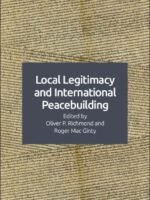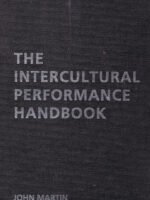In the movement’s images, figures, voices, bodies, and their reverberations Üstündağ elaborates a new political imagination that has emerged in Kurdistan through women’s acts and speech. This political imagination unfolds between flesh, body, voice, language. It is the result of Kurdish women’s desire to find new ways of being and becoming, between the necessary and the possible.
Focusing on the figures of the mother, the woman politician and woman guerilla, Üstündağ argues that the Kurdish Women’s Freedom Movement changes what politics consists of, including its matter, relationality, temporality, and spatiality. Although anchored in the specific Kurdish experiences, the book puts the movement into conversation with feminist political theory, psychoanalysis, Black Studies, Queer Studies, and Decolonial Studies. In solidarity with the Kurdish Movement’s tradition of resistance to History with a capital H that Kurds have built through reiterated performance, the book seeks to establish what new entanglements with wide-ranging thought the movement offers as a provocation for contemporary politics.









Be the first to review “The Mother, the Politician, and the Guerrilla: Women’s Political Imagination in the Kurdish Movement”